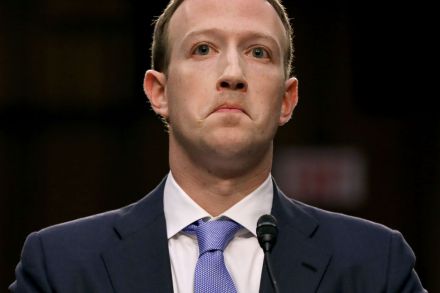Could an owl make video conferencing finally take off?
When I was ten, the two things we all expected to enjoy by 2020 were flying cars and videotelephony. What never occurred to us was that we might successfully invent one of these things and then fail to use it. Yet that has largely been the case with video conferencing. Is its day still to come? Will there be some tipping point when we start to hold virtual meetings routinely? Or will video conferencing turn out to be one of those technologies whose promise is never fulfilled: something which ‘has a great future — and always will’. I don’t know. Certainly it suffered from being oversold too soon. Memories of




















